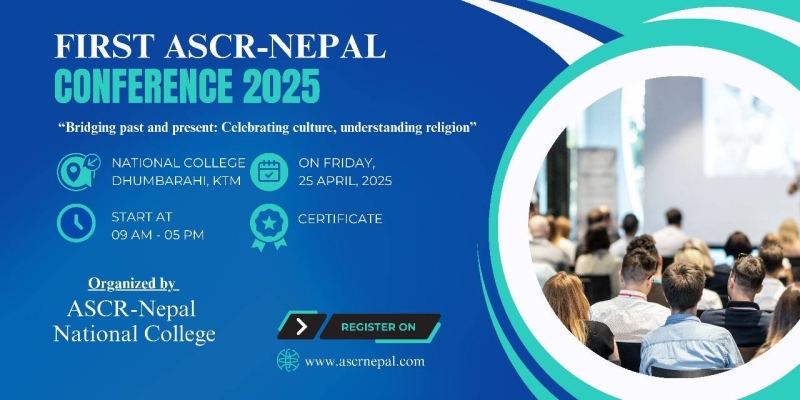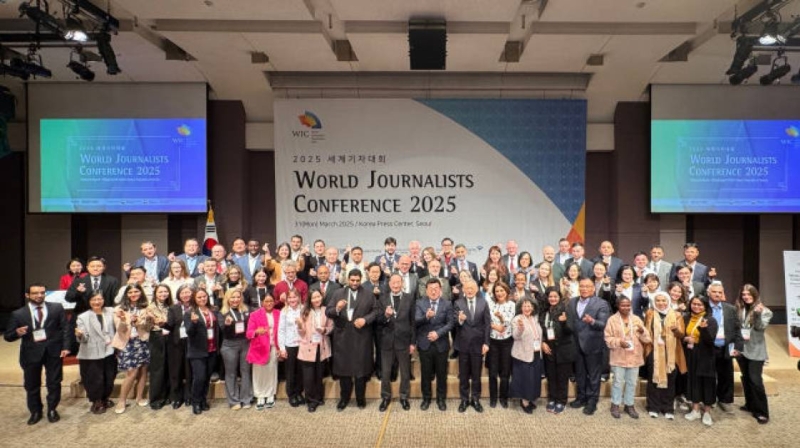Maoists ultimate goal makes rivals jittery
Maoists ultimate goal makes rivals jittery
Published: 04:13 am Nov 27, 2009
KATHMANDU: The UML-led coalition has finally managed to pass the budget in parliament, thanks to the softening of the stand by the Unified-CPN-Maoist. The move has been a welcome relief for the 22-party coalition. But, the government is looking at tough times ahead as the Maoists have announced third phase of their agitation to restore ‘civilian supremacy’. In the light of the present scenario, there seems to be no end to political deadlock and uncertainty. Nepali Congress (NC) president Girija Prasad Koirala is hopeful that the impasse would come to an end once the high-level political mechanism is formed. The veteran NC leader has ruled out the possibility of adopting the middle path to restore ‘civilian supremacy’. Koirala seems to be the only individual, who is aware of the purpose of the mechanism and the middle path. One thing, though, is certain. A mere correction of President Dr Ram Baran Yadav’s ‘unconstitutional move’ will not solve the problem (The President has been in the dock for reinstating the then Chief of Army Staff Rookmangud Katawal, overruling the Maoist-led government’s sack order). The ex-rebels are, naturally, giving priority to the President’s move since it led to the fall of their coalition government. Simultaneously, the Maoists are clamouring for the formation of a new government under their leadership. The dual demands are part of their carefully thought-out strategy to restore ‘civilian supremacy’. A new Maoist-led government, however, seems improbable. This is largely because of the growing mistrust between the ruling parties and the Maoists, who are getting increasingly isolated over a slew of issues. For instance, Prachanda’s speech at Shaktikhor—the video recordings of which started doing the rounds a day after the Maoist-led government collapsed—the ex-rebels’ concept paper on the new statute and a recent interview of party vice-chairman Dr Baburam Bhattarai all seem to reveal their real intention. The Maoists stand accused of trying to grab state power by hook or crook. Ruling allies like the NC and the CPN-UML feel that the main opposition needs to mend its ways if it is serious about leading the government and bringing the peace process to a logical conclusion. NC leaders say that the Maoists are using the Constituent Assembly and the peace process to fulfil their vested interests. “They want to establish a totalitarian regime,” alleges NC leader Dr Shekhar Koirala. Defence minister Bidhya Devi Bhandari echoes a similar feeling. “The Maoists continue to believe in politics of violence. Rival political forces need to be cautious about their vested interests. They’re now on a ceasefire mode,” reasons Bhandari. Dr Bhattarai, in a recent interview to World Peoples’ Resistance Movement, said that his party tried to bring the bureaucracy under its control while it was in power. He maintained that the People’s War was not yet over. “We waged a protracted People’s War for a decade, which had started in 1996. We adopted different tactics since 2006. Some are confused about our move. They feel that we’ve abandoned People’s War forever, and are adopting a peaceful path of social development. The confusion needs to be dispelled. We’re in the middle of a multi-faceted war, where both the armed and political struggle need to be combined,” said Dr Bhattarai in that interview. Similarly, in its concept paper on the new statute, the Maoists had stated that parties, who support feudal forces and play broker to foreign powers, ought to be disbanded. The NC is claiming that this is the Maoists’ ploy to put an end to multi-party democracy. The Maoists, on the other hand, is blaming the NC and the UML for trying to dissolve the Constituent Assembly, and impose Presidential rule in the nation. They have been emboldened in their assertion due a recent statement by UML vice-president Ashok Rai, who alleged that the NC made a bid to dissolve the Constituent Assembly. Maoist vice-chairman Narayan Kaji Shrestha ‘Prakash’ has alleged that efforts were on isolate the Maoists. Though the NC and a section among the UML do not want give up power, they are keen to accommodate the ex-rebels in the present coalition. The process of nation-building cannot go ahead without the largest party in the CA. At the same time, it looks unlikely that the Maoists will join the UML-led coalition. In this backdrop, the rivals are apprehensive of the Maoists’ ultimate goal—to seize state power through various carefully orchestrated moves.





